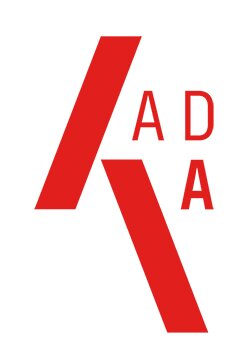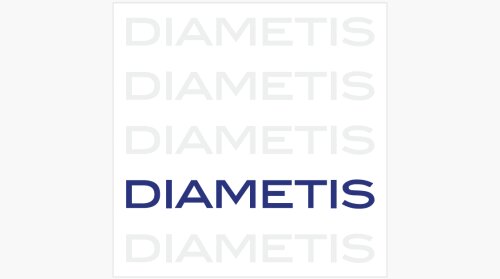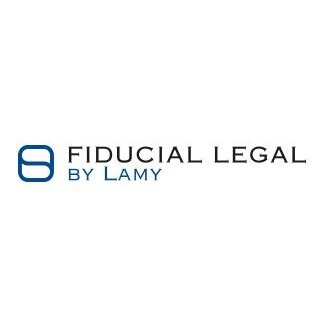Best Patent Lawyers in France
Share your needs with us, get contacted by law firms.
Free. Takes 2 min.
Or refine your search by selecting a city:
List of the best lawyers in France
About Patent Law in France
Patent law in France is designed to protect the rights of inventors by granting them exclusive rights to use, make, sell, and distribute their inventions for a period of time, typically up to 20 years. By securing these rights, the law incentivizes innovation and investment in new technologies and processes. The primary legal framework governing patents in France is the Intellectual Property Code, complemented by European Union regulations and international treaties to which France is a signatory. To obtain a patent, an invention must be new, involve an inventive step, and be capable of industrial application.
Why You May Need a Lawyer
Although individuals can apply for a patent without legal assistance, many common situations necessitate the help of a lawyer. These include ensuring the application meets all necessary criteria and formalities, conducting thorough patent searches to avoid infringement, dealing with disputes or litigation if an alleged patent violation occurs, and managing agreements for licensing or transferring patent rights. A patent lawyer can also help navigate the complexities of international patent protection if distribution or use is planned outside France.
Local Laws Overview
In France, the patent process is governed primarily by the French National Intellectual Property Institute (INPI). Applications must be filed here and evaluated based on their technical content and relevance. Unique to French law is the "unified patent" system, which integrates national and EU-wide protections, facilitating enforceability across member states. Additionally, France adheres to the European Patent Convention (EPC), allowing for a streamlined procedure to secure patent rights in multiple European countries simultaneously. Importantly, inventions disclosed publicly before filing can potentially invalidate a patent application due to lack of novelty.
Frequently Asked Questions
What qualifies as a patentable invention in France?
An invention must be new, involve an inventive step, and be capable of industrial application. It should not be an abstract idea or a discovery.
How long does it take to get a patent in France?
The patent application process can take several months to several years depending on the complexity of the invention and the completeness of the application.
Are software and algorithms patentable in France?
Software per se is not patentable; however, a software-related invention that offers a technical solution may qualify.
What is the cost of obtaining a patent in France?
Costs can vary widely, but applicants should anticipate paying application fees, maintenance fees, and potentially legal fees if they hire a patent attorney.
What is the role of the INPI in the patent process?
The INPI is the French government agency responsible for approving patents, examining applications, and ensuring compliance with legal standards.
How can I check if an invention is patentable?
You can conduct a patent search through the INPI database or consult with a patent attorney to evaluate patentability and avoid infringement.
Does a French patent apply internationally?
No, a French patent only provides protection within France. However, you can pursue international protection through additional filings under treaties like the EPC or PCT.
Can a patent be challenged after it's granted?
Yes, patents can be challenged on grounds of novelty, inventiveness, or illegal disclosure by initiating opposition or revocation proceedings.
What happens if I infringe on a patent unknowingly?
Unintentional infringement still constitutes a violation, leading to potential legal actions requiring you to stop the infringement and possibly pay damages.
Can a patent be sold or licensed?
Yes, patents can be transferred, sold, or licensed to third parties, which can provide a revenue stream for the patent owner.
Additional Resources
Consider consulting resources like the French National Intellectual Property Institute (INPI) for official procedures and documentations. Additionally, organizations such as the European Patent Office (EPO) offer guidance on European-wide patents. Professional bodies like the French Institute of Patent and Trademark Attorneys (CNCPI) can connect you with qualified legal professionals for advice and representation.
Next Steps
If you need legal assistance in patent-related matters, start by consulting with a specialized patent attorney. They can provide personalized advice tailored to your situation. Begin your search for a qualified professional through the CNCPI, or seek recommendations from industry associations relevant to your field of invention. Prepare documentation of your invention, including specifications and development notes, to streamline the consultation process with your lawyer.
Lawzana helps you find the best lawyers and law firms in France through a curated and pre-screened list of qualified legal professionals. Our platform offers rankings and detailed profiles of attorneys and law firms, allowing you to compare based on practice areas, including Patent, experience, and client feedback.
Each profile includes a description of the firm's areas of practice, client reviews, team members and partners, year of establishment, spoken languages, office locations, contact information, social media presence, and any published articles or resources. Most firms on our platform speak English and are experienced in both local and international legal matters.
Get a quote from top-rated law firms in France — quickly, securely, and without unnecessary hassle.
Disclaimer:
The information provided on this page is for general informational purposes only and does not constitute legal advice. While we strive to ensure the accuracy and relevance of the content, legal information may change over time, and interpretations of the law can vary. You should always consult with a qualified legal professional for advice specific to your situation.
We disclaim all liability for actions taken or not taken based on the content of this page. If you believe any information is incorrect or outdated, please contact us, and we will review and update it where appropriate.
Browse patent law firms by city in France
Refine your search by selecting a city.
















